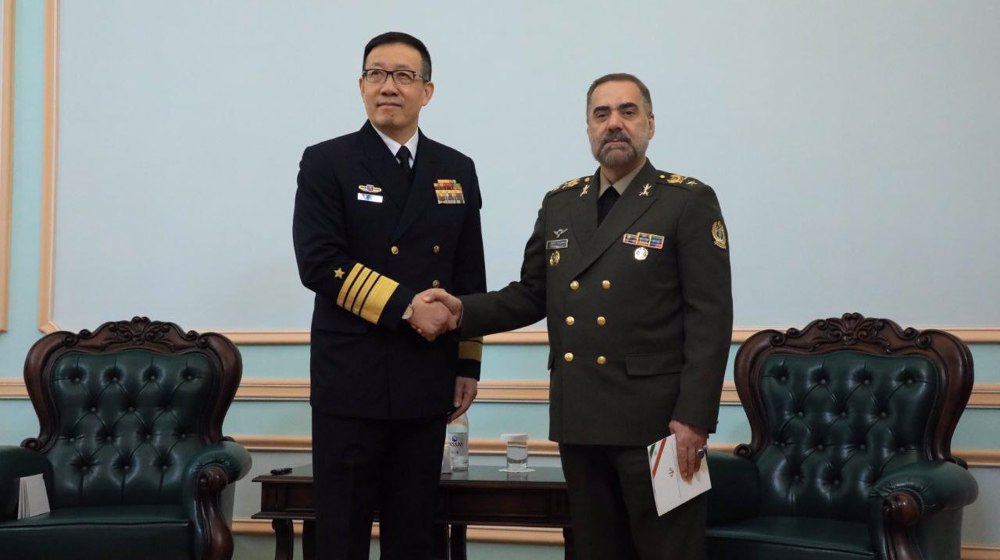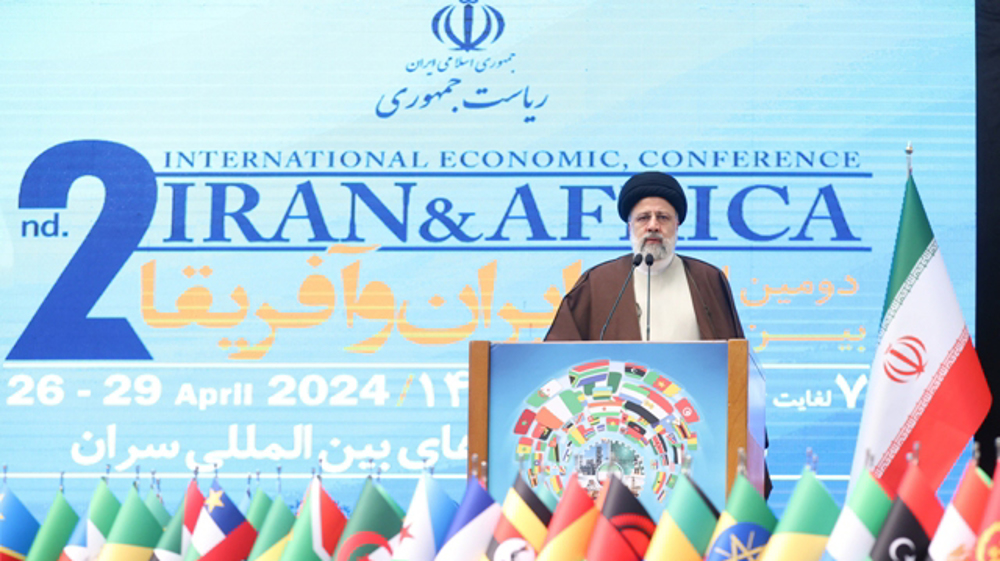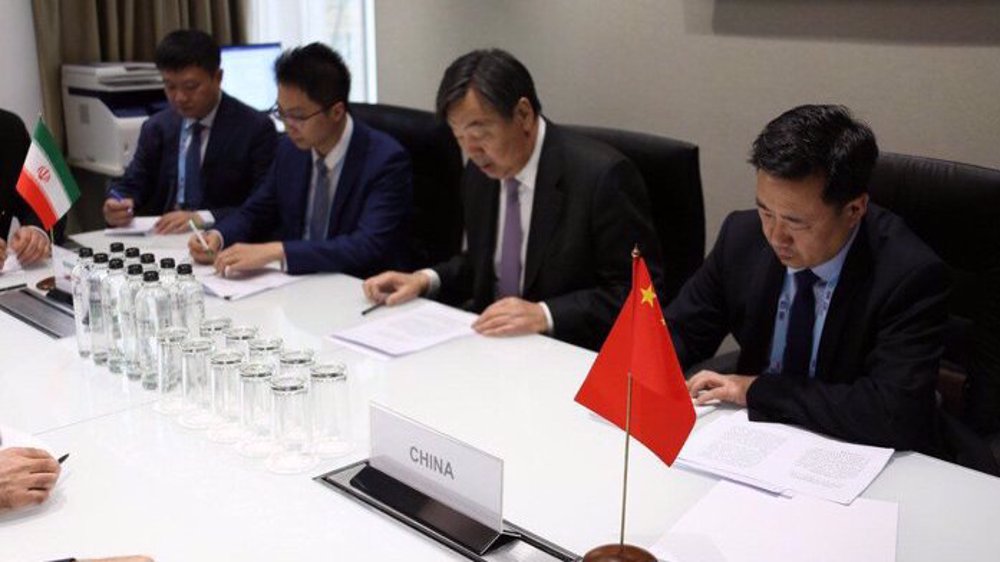JCPOA implementation two-way street: Iran diplomat
A senior Iranian diplomat says the Islamic Republic is resolved to honor its obligations under the nuclear agreement with the P5+1 group, calling on the opposite side to adopt a similar course of action so that the accord could be successfully implemented, Press TV reports.
In an interview with Press TV, Iran’s Deputy Foreign Minister for European and American Affairs Majid Takht-e Ravanchi said before the agreement, dubbed the Joint Comprehensive Plan of Action (JCPOA), takes effect, efforts should be focused on closing the file on the so-called possible military dimensions (PMD) of Iran’s nuclear program.
Under the roadmap signed between Tehran and the International Atomic Energy Agency (IAEA) in July, “everything related to PMD will be finished by December 1 … and then everything will be finished by the Board of Governors of the IAEA, so that the whole file related to PMD will be closed,” he said.
The official further noted that after the so-called PMD file is closed, the Islamic Republic will start doing its commitments related to the Arak reactor and the shipping out of enriched uranium stockpile in exchange for yellow cake.
“As far as Iran is concerned, we are more than 100 percent sure that we will stick to whatever we have agreed. We will commit doing whatever we have agreed,” the diplomat said, expressing hope that the same procedure will be followed by the other side in connection with “the lifting of sanctions.”

As Leader of the Islamic Revolution Ayatollah Seyyed Ali Khamenei has stressed, Iran “cannot accept anything less than the lifting of sanctions” adopted by the United Nations Security Council, the European Union or the United States, Takht-e Ravanchi noted.
“So, in the implementation, we want to see that all the sanctions related to economic issues will be lifted as of the implementation day,” he added.
The other challenge facing the implementation of the JCPOA is the pressure that those who are not satisfied with the agreement might try to exert on European and Americans not to honor their commitments.
On July 14, Iran and the IAEA signed a roadmap regarding the Islamic Republic’s nuclear work in the Austrian capital city of Vienna.
As part of the roadmap, the IAEA is required to finish its investigations on Iran’s nuclear activities and submit a report to the agency’s Board of Governors by December 15. Under the agreement, Iran was also required to cooperate with the IAEA and answer the agency’s questions about its nuclear program.
The agreement was reached on the same day Iran and the P5+1 – the United States, Russia, China, France, Britain and Germany – finalized the text of the JCPOA in Vienna. Under the JCPOA, limits will be put on Iran’s nuclear activities in exchange for, among other things, the removal of all economic and financial bans against the Islamic Republic.
IAEA report not 'black and white'
In a news conference on Thursday, the UN nuclear chief, Yukiya Amano, said the IAEA report on all the past and present outstanding issues concerning Iran’s nuclear program, due to be delivered next week, will not be clear cut.

“The assessment won’t be black and white, we will look at the whole picture and assess issues. It’s like a jigsaw puzzle, we have pieces and have a better understanding now and we will analyze and provide an assessment,” Amano said.
"This is not an issue which can be answered 'yes' or 'no'."
The IAEA chief further hailed Iran’s efforts and cooperation in the clarification of the nuclear issues.
“I highly appreciate the dialog between Iran and IAEA. The high-level dialog was very helpful to address the nuclear issue for me.”
Amano added that Tehran has already taken significant steps to pave the ground for the implementation of the JCPOA.
“Iran is already taking preparatory measures. Quite a large number of centrifuges were removed at quite a high pace.”
NAM backs Iran's nuclear program
Meanwhile, in a statement delivered to the IAEA Board of Governors, the Non-Aligned Movement once against expressed support for Iran’s nuclear program.
The NAM statement, which was read out by Iran's envoy to the IAEA, Reza Najafi, hailed the Islamic Republic's fulfillment of its commitments under the roadmap signed between Iran and the UN nuclear agency. Iran is the current rotating president of the IAEA.
The movement also said that it expects the IAEA Board of Governors to pass a new resolution canceling all previous resolutions over Iran’s nuclear program.
It could take 14 years to remove debris left by Israel war on Gaza: UN
Iran, China discuss military cooperation
Sanders to Netanyahu: 'Don’t insult American people’s intelligence'
Tehran economic conference: Raeisi hails Iran-Africa expansion of ties
VIDEO | Press TV's news headlines
Severe heat wave hits India as phase 2 of polling begins
What to expect after President Raeisi's visit to Pakistan
China describes Iran as ‘strategic partner' in West Asia














 This makes it easy to access the Press TV website
This makes it easy to access the Press TV website